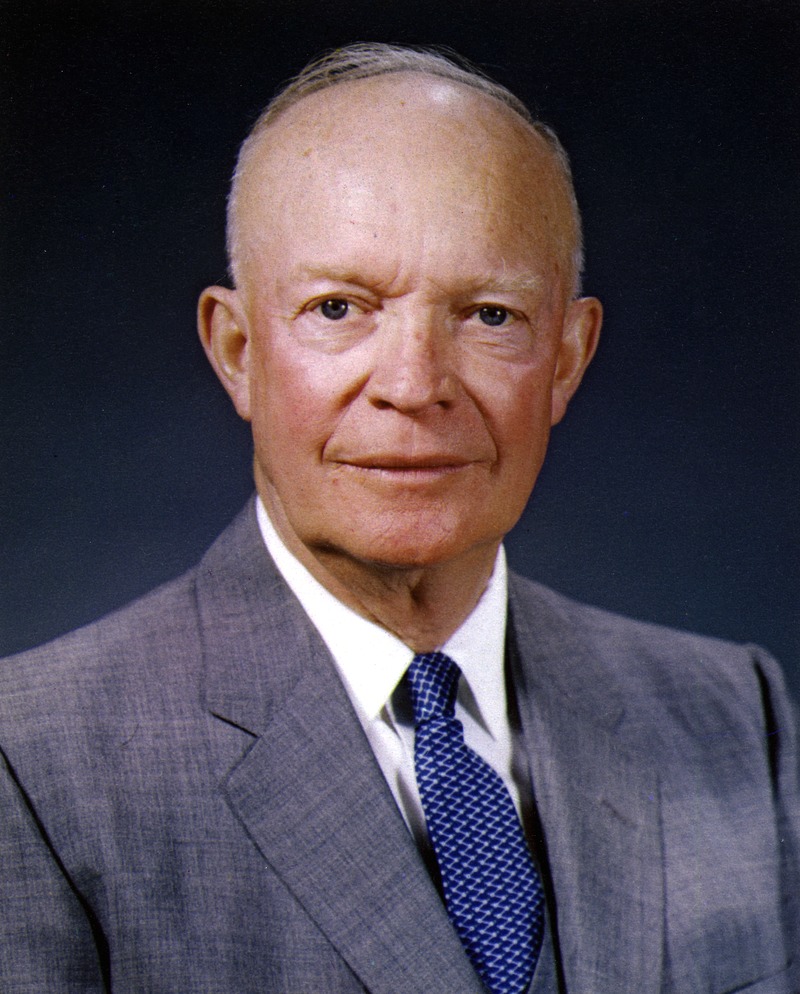The Cliburn Competition has Fort Worth feeling artsy.
For those who missed my city's numerous press releases, the Van Cliburn International Piano Competition is a quadrennial event that showcases the future of classical pianists. The world’s top 18–30-year-old pianists gather in my city and perform before live and worldwide streaming audiences.
One of the unique aspects of the Cliburn competition is that the organizers house the visiting pianists in local homes during the event. Many neighborhoods have a competitor staying in them. While you don't necessarily see them when you're out walking the dog, you know they're there. (Every host family is loaned a Steinway grand piano, the same instrument used in the Cliburn, so that the competitors can practice.) Rover and his companion human might hear some next-level music through the window of a house down the street. The Russian/Israeli pianist becomes our neighborhood competitor. Most of us are homers and we're cheering for our local kid.
I tend to drop the arts into one big bucket, a different bucket from my sports bucket or my business bucket. Although I recognize the differences between the creative arts, I typically see writers, painters, musicians, and filmmakers as kindred spirits. Like fiction writers, these other art practitioners harness their creative energies to make fresh and new things. We all use our talents to entertain and to comment, directly or indirectly, on the world around us. When we are at our best, we unite people across a spectrum of humanity.
I've been forced to rethink my position on concert pianists. I might need to move them to my athletic bucket.
This none-too-deep thought should have occurred to me before. The competitors, after all, are performing another composer's work. But each of them is creating. The Dallas Morning News's review of Vitaly Starikov's performance (our local guy) noted that [i]n addition to fastidious attention to dynamic and coloristic nuances, he demonstrated the magic that can come of stretching and contracting rhythms, lingering over melodic high points and poignant harmonies.”
As a non-musician, I don't pretend to understand everything in that sentence. My takeaway is that Vitaly is doing more than hitting the notes Chopin scribbled down. He is creating.
Painters might scrape away and paint over. Writers can Find and Replace. We get the ability to edit our work. Not so with the piano benches at the Cliburn.
There is a hair-breadths difference between a great and a good performance, between an advancing recital and a return flight home. The immediacy of performance art made it seem more akin to athletes.
The local college baseball team's season ended abruptly in the NCAA tournament. In the moment, the excellent season melted away. Pitchers missed the strike zone or alternately found too much of it. Accomplished hitters missed the ball at critical times. Well-practiced skills that had been honed throughout the season failed under the pressure of the NCAA tournament. Both baseball and piano competitions were co-occurring. It was hard not to see the parallel.
But on the other hand, ball players are competing directly against their opponent. The pianists were playing their best, hoping that their individual efforts would be judged among the best. And that seems comparable to our efforts. When I craft a story for submission to an anthology, I’m not really competing against Rob Lopresti or the other submitters. I’m submitting my best work and hoping it's deemed worthy of inclusion. If Rob's ends up in and mine out, I don't see it as a competition between us.
But maybe we should. Consider this modest proposal. The next time Michael Bracken assembles an anthology, perhaps rather than submitting our 12-point Times New Roman, double-spaced work, we could read it to a live-streaming audience. As Michael judges, Stacy Woodson might offer hushed-voice commentary and insider analysis.
"He confused ‘blond’ and ‘blonde.’ That could be a fatal error. Michael feels very strongly about blondes."
"Clearly, to stay under the word limit, she elected to tell rather than show," Stacy offered disapprovingly.
As we read, submitters might close our eyes, sway back and forth, and occasionally throw our heads back for emphasis, like the piano competitors. The anticipation might build through quarter, semi, and final rounds with eliminations along the way. The downside, of course, is that having heard the selected stories read three times, no one may want to buy the anthology.
And that's a problem. I might need to keep thinking through this concept. But Vitaly is about to play a Mozart piano concerto backed by the Fort Worth Symphony Orchestra as part of the semi-finals. I've got a live stream to watch.
Until next time.


























